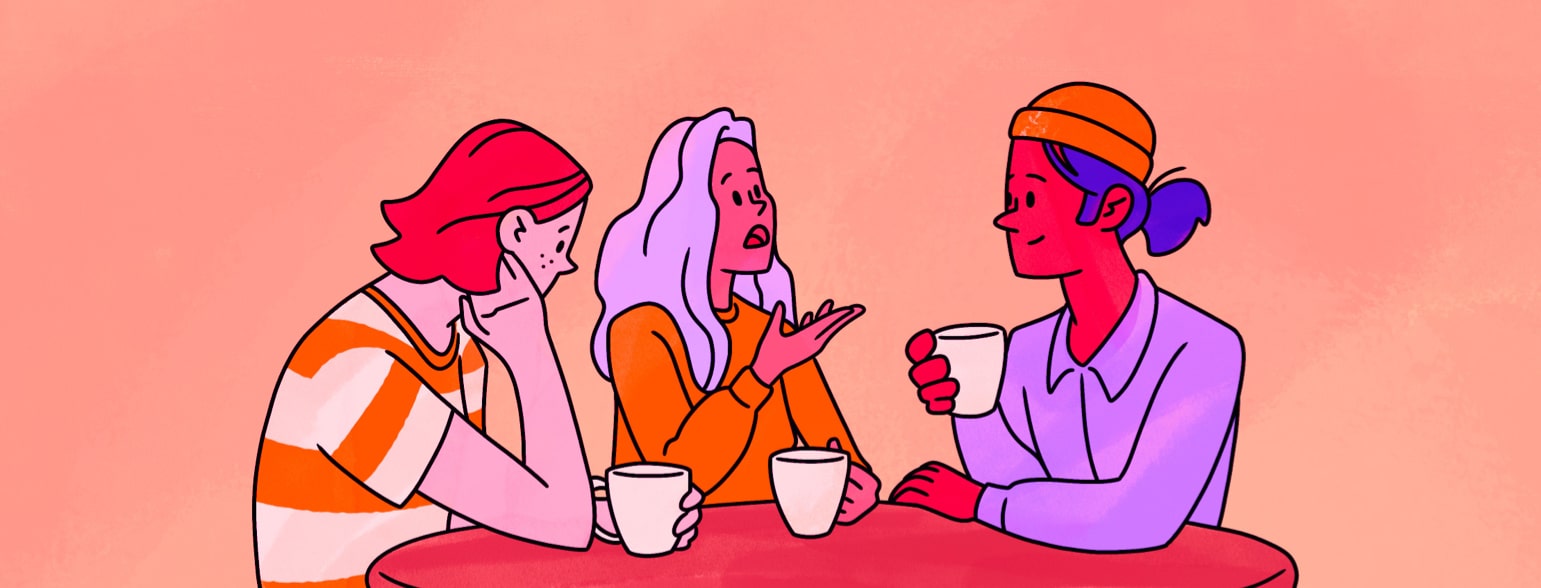Explaining Narcolepsy to Others
Sharing a chronic diagnosis with others often feels scary. A narcolepsy diagnosis brings added challenges. Many people do not understand narcolepsy. Others have wrong ideas about the disease. Sometimes, it is a punch line in the media. Choosing when, if, and how to tell others is personal.
Narcolepsy.Sleep-Disorders.net has several forum posts and discussions on the topic of sharing a diagnosis of narcolepsy. The insights we have seen from community members are valuable. These are some of the common themes that stood out.
Featured Forum
View all responsesFeeling dismissed or judged
Many respondents shared how ignorant those they told were about narcolepsy. This led to friends dismissing or judging the disease and its impact on daily life. It can create resistance to telling others about your narcolepsy.
“Whether I tell someone or not, they still judge me as being on drugs. They don’t care what it is or does – it’s not a physical disability they can see, so they don’t believe or just don’t care! I now try very hard to hide it unless I know someone well.”
“I told my hubby right when I got home. I wish I hadn’t. He did not believe the diagnosis and accused me of faking on the tests – like you can do that. I often feel very unsupported, misunderstood, and alone.”
“I am more apt to get interrupted during the explanation. As though it’s not real, they shut me off if I start talking about it. Those who do listen don’t get it either, though.”
Treating it like a joke
The media often treats narcolepsy like a joke rather than a serious disease. Respondents shared experiences of friends responding from that framework. Some friends laugh off the vulnerability that sharing about narcolepsy requires.
“Tried to explain it to some of my friends, and they joked about it.”
“I find it difficult explaining what narcolepsy is to people because so many … have a lot of misconceptions about it and are heavily influenced by the comical portrayal of it in the media.”
The disease reveals itself
Narcolepsy is a disease that is hard to hide. When you fall asleep in public, it forces you to share what is happening.
“If I get comfortable, I go to sleep. Really hard to hide my narcolepsy.”
“The condition snitches on me.”
“When I was 16, I had just started dating. We went to the movies, and 5 minutes into it, I was asleep. Our first date was also our last! LOL! Thankfully, he woke me up and made sure I got back home! He could have left me there. He probably thought I was rude.”
Fear of the response
Many respondents admitted to feeling afraid of how others would react. Knowing that people judge the disease can make revealing it scary. Respondents worry about school or workplace fallout.
“I feared discrimination from employers or that professors would think I was just using it as an excuse.”
“I remember being really embarrassed for a long time and not knowing how to explain this to people. I worried my professors and bosses would think I was less capable or lazy because I had this disorder.”
Sharing when necessary
Many in the community approach sharing on a case-by-case basis. No 2 situations are identical. Sometimes, sharing is appropriate and necessary. Other times, it is not vital to inform someone.
“I usually bring it up in relevant conversation.”
“Each situation is different. Sometimes, it comes up – sometimes, it doesn’t. If I’m with people who know, they will tell others if I nod off.”
“My opening line is, “I have 3 jobs, 2 cats, a puppy, and narcolepsy.” ”
“None of their business unless something happens that makes it their business. Then I tell them.”
Thank you
The team at Narcolepsy.Sleep-Disorders.net appreciates community members sharing their experiences of revealing a narcolepsy diagnosis. Every circumstance is unique. Sharing or not sharing with others is a very personal choice. If you are comfortable, please continue sharing your experiences below.

Join the conversation